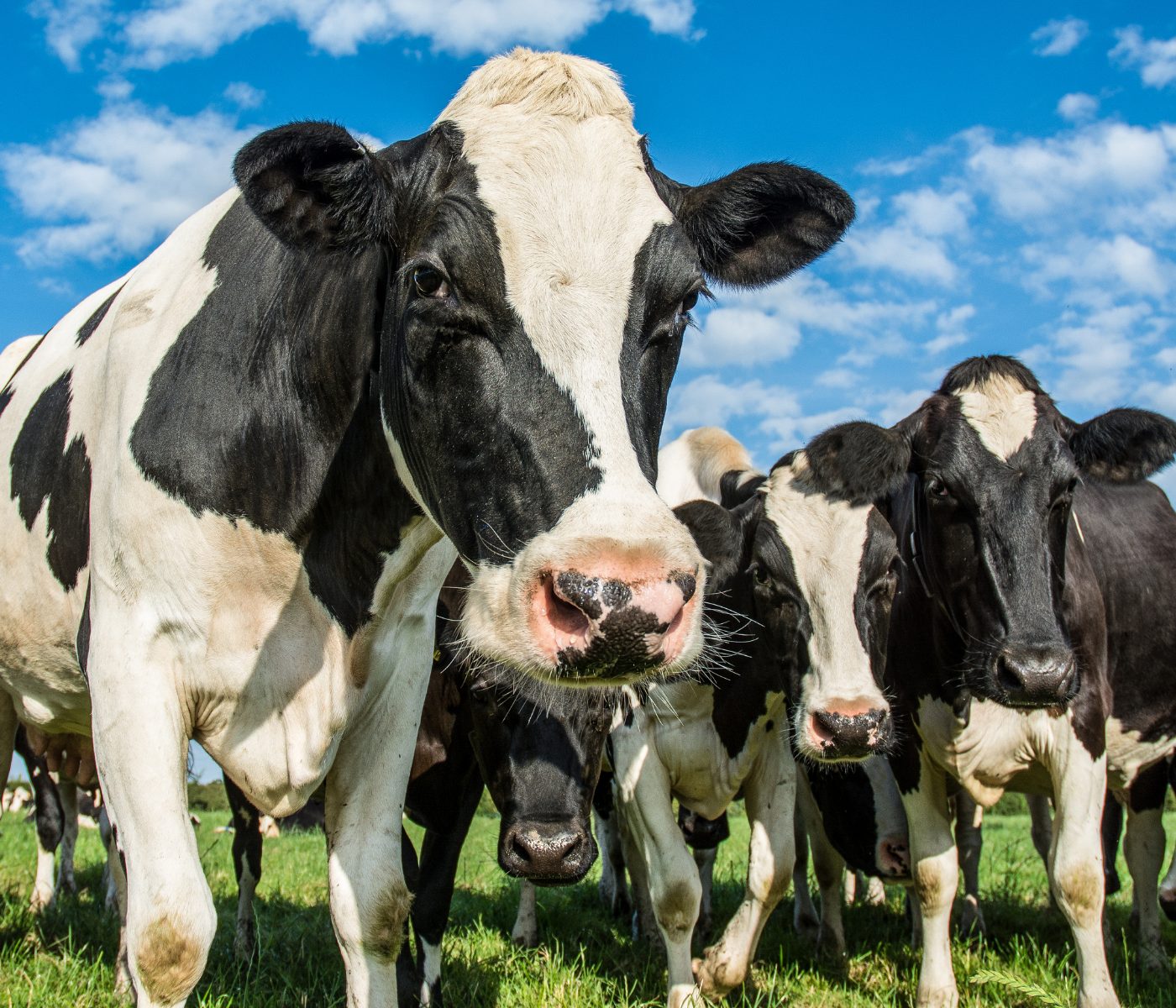 05 Mar 2024
05 Mar 2024
Enhancing Ruminant Health: The Role of Rumen-Protected Amino Acids and Choline
Understanding the Impact of Methionine, Lysine, and Choline on Periparturient Ruminants
In a comprehensive study conducted by Muhammad Zahoor Khan et al., the effects of rumen-protected limiting amino acids, namely methionine and lysine, along with choline, on the immunity, antioxidative, and inflammatory status of periparturient ruminants were thoroughly examined.
Combatting Oxidative Stress: A Key Challenge in Ruminant Health
Ruminants, particularly during the transition from late gestation to successful lactation, often experience overproduction of reactive oxygen species (ROS), leading to oxidative stress. This oxidative stress can compromise the immune and anti-inflammatory systems, making animals more susceptible to health issues. Moreover, metabolic stress during the periparturient period exacerbates the situation, as it leads to excessive fat mobilization and poor production performance, further contributing to immune suppression and abnormal regulation of inflammation.
Unlocking the Potential of Rumen-Protected Nutrients
The study highlights the crucial role of rumen-protected limiting amino acids and choline in regulating immunity, antioxidative, and anti-inflammatory status in ruminants, especially during the perinatal and lactational stages. Methionine and lysine, when provided in rumen-protected form, play a vital role in enhancing the antioxidant status of ruminants. Methionine, in particular, is essential for the biosynthesis of S-adenosylmethionine (SAM), which is involved in various biological processes crucial for maintaining cellular functions. Additionally, choline supplementation helps in preventing liver lipid accumulation, alleviating oxidative stress, and improving immune and antioxidative status.
Fostering Immune Resilience and Health
Furthermore, the study elucidates the beneficial effects of these supplements on inflammation and immunity in ruminants. Methionine and choline supplementation have been shown to downregulate inflammatory markers and enhance the antioxidative response, thereby reducing the risk of infections and improving overall health. Moreover, supplementation with rumen-protected amino acids and choline has been associated with higher passive immunity in offspring, lower milk somatic cell count, and improved udder health in dairy cattle.
Conclusion: Empowering Ruminant Health
In conclusion, the study underscores the importance of supplementing ruminants with rumen-protected limiting amino acids and choline, especially during the periparturient period, to mitigate oxidative stress, enhance immunity, and improve overall health and productivity. By maintaining redox homeostasis and regulating inflammatory responses, these supplements offer promising avenues for protecting animals from diseases and optimizing their performance.
Subscribe now to the technical magazine of animal nutrition
AUTHORS

Nutritional Interventions to Improve Fertility in Male Broiler Breeders
Edgar Oviedo
The Use of Organic Acids in Poultry: A Natural Path to Health and Productivity
M. Naeem
Synergistic Benefits of Prebiotics and Probiotics in Poultry, Swine, and Cattle
Gustavo Adolfo Quintana-Ospina
Hybrid Rye Potential in Laying Hen Feed Rations
Gwendolyn Jones
A day in the life of phosphorus in pigs: Part I
Rafael Duran Giménez-Rico
Use of enzymes in diets for ruminants
Braulio de la Calle Campos
Minerals and Hoof Health in the Pregnant Sow
Juan Gabriel Espino
Impact of Oxidized Fats on Swine Reproduction and Offspring
Maria Alejandra Perez Alvarado